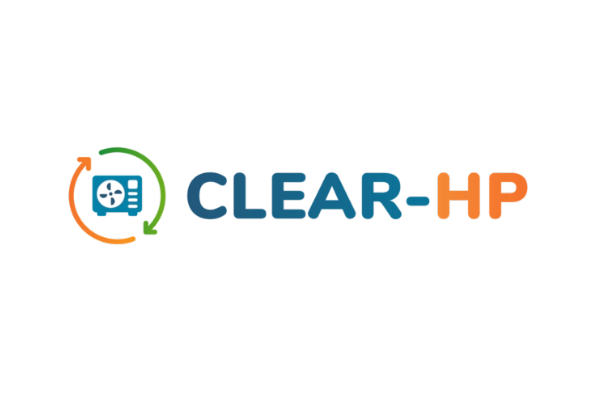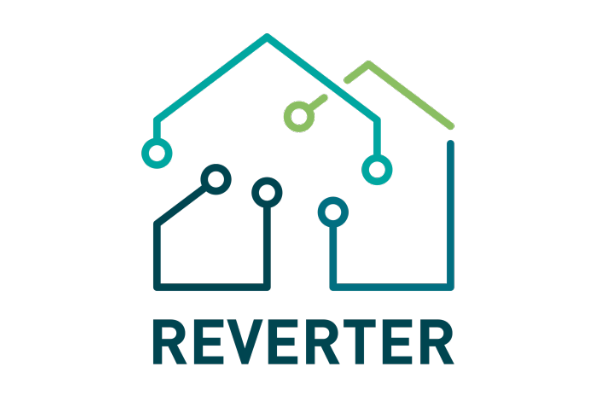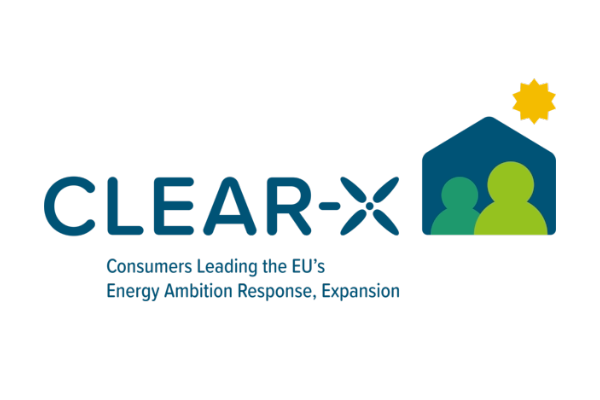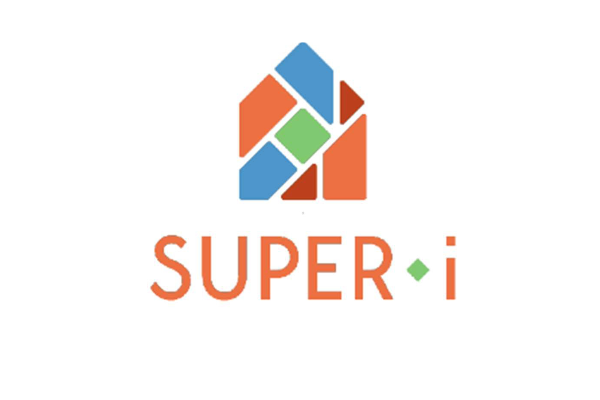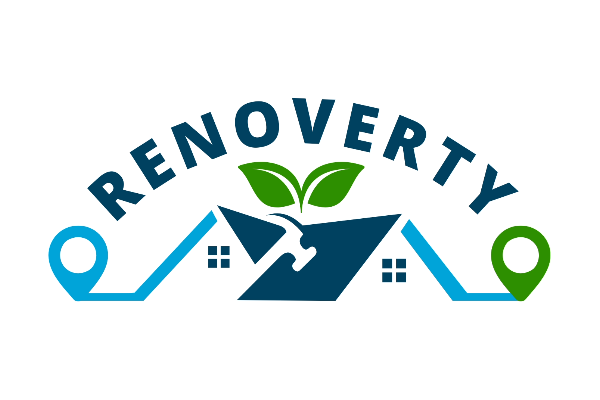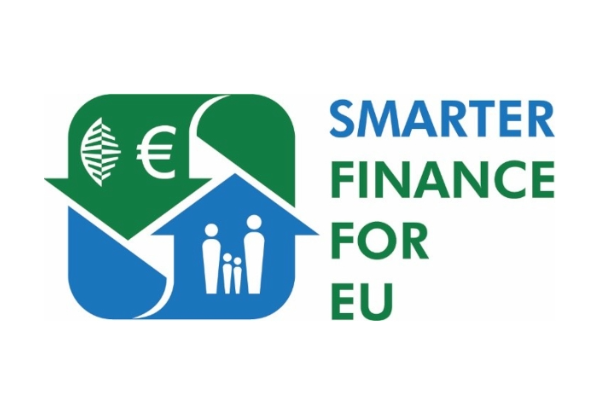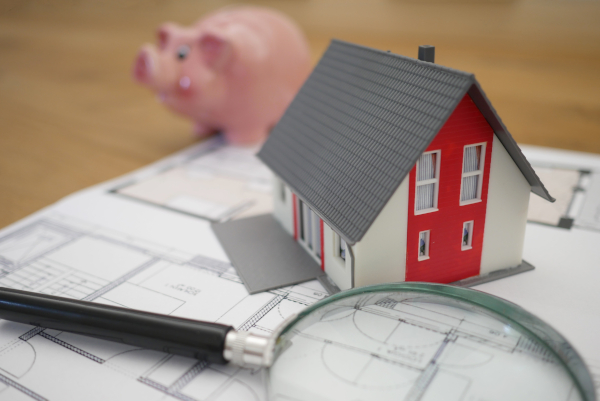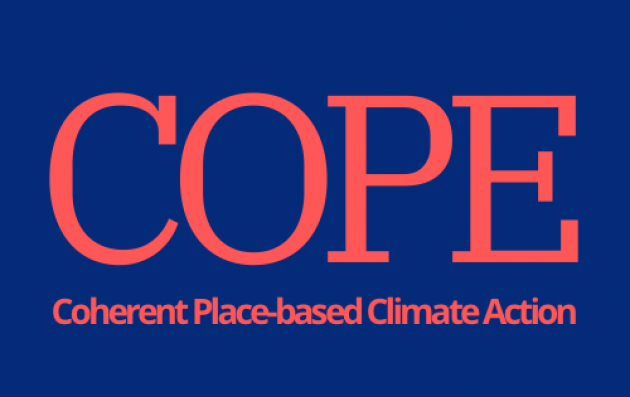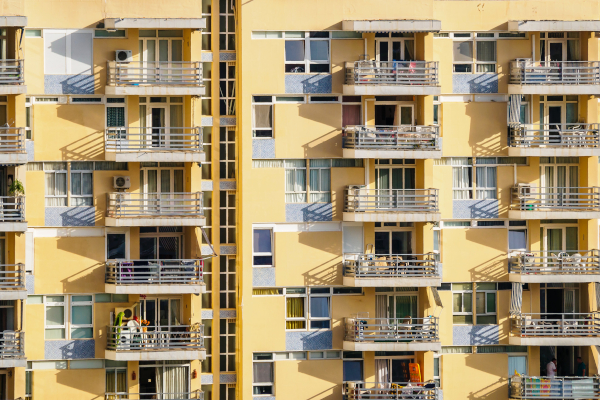Researcher
CLEAR-X - Consumers Leading the EU’s Energy Ambition Response, eXpansion
National projectThe CLEAR-X project aims to facilitate consumers’ access to household renewables at an affordable price, through the provision of trusted information, collective purchase schemes and an improved regulatory framework. Over the project's 3 year duration, it focus promoting the adoption of renewable energy sources (RES) to enhance energy efficiency.
Explore more
POWERTY - Renewable energy for vulnerable groups
National projectThe POWERTY project worked to increase access to renewable energy for vulnerable groups to tackle energy poverty. This was done primarily by improving regional policy instruments targeting 4 topics: new innovative technologies, new formulas for financing, improving the regulatory framework and empowering vulnerable groups. Over the project's 4 year duration, the partners developed a complete learning process to facilitate an effective knowledge flow between these regions.
Explore more
Energia in Periferia (Energy in the suburbs)
National projectBanco dell'energia received funds from private donors with the aim to develop the project "Energy in the suburbs". Banco dell'energia identified non-profit organisations deeply rooted in the city of interest and able to take an active part in the project. Their role was to identify the beneficiaries (vulnerable families in energy poverty), to pay them energy bills through the funds received by Banco dell'energia and to do a timely report of payments. Moreover, the non-profit organisations carried out the activity of energy education and data collection.
Explore more
Green Energy Community (GECO)
National projectThe Green Energy Community (GECO) was a demonstration project in the Pilastro – Roveri district of Bologna. It comprised the creation of an energy community, an entity introduced by the EU Clean Energy Package (CEP). The GECO project intended to tackle social, technical and economic aspects related to the creation of the green energy community in order to increase sustainability, reduce energy poverty and generate a low carbon economic cycle.
The project is carried out by AESS, ENEA, UNIBO, CAAB/FICO and Agenzia Pilastro, with the Emilia Romagna Region, GSE, RSE, City of Bologna, local associations, businesses and citizens and with the financial support of EIT Climate-KIC.
Explore more
COVID-HAB - COVID-19 confinement, housing and habitability
National projectThe unique national study on habitability in the Spanish homes during the COVID pandemic, including perceived comfort, IEQ and habit changes, with relevance on use of energy.
Explore more
Energy Hardship Expert Panel
MeasureThe Energy Hardship Expert Panel brings together 5 leaders from a range of backgrounds who collectively hold key insights, connections and experience working directly with households living in or at risk of energy hardship. The objective of the panel is to recommend to government, policy priorities and actions to alleviate energy hardship and provide impartial evidence-based expert advice. The Panel’s work programme will in part, be drawn from the Electricity Price Review’s findings and the government’s response to its recommendations.
Explore more
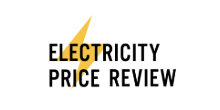
New Zealand
Electricity Price Review
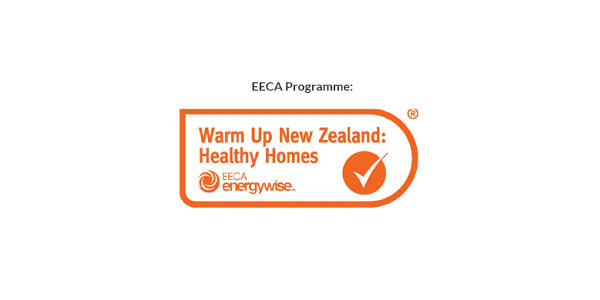
New Zealand
Warm Up New Zealand: Healthy Homes
EnePoMAP: Mapping and providing cost effective solutions for tackling energy poverty
European projectThis project aimed at developing a GIS-based methodology, using information available in different public databases for detecting areas at risk of energy poverty, and identifying potential solutions for reducing it.
Explore more

Germany
Energy Keeper
RETE ASSIST
National projectRETE ASSIST is an Italian network of operators and stakeholders working on energy poverty. It was created to consolidate, strengthen and carry on the work started within the European ASSIST project.
It proposes a multi-level approach in line with the need for a holistic solution to deal with complex and multidimensional problems that embrace aspects ranging from social to technical. It addresses both operators (physical persons) and public and private actors (legal persons) working on the ground to tackle energy poverty.
The underpinning concept of RETE ASSIST is to empower all actors and facilitate the flow of information between them.
Explore more
STEP-IN
European projectThe project aimed to help energy poor homes reduce their energy bills and their environmental impact by better managing their consumption. This was through the method of living labs. Energy advisors met people at "energy cafés" or during home visits and followed their energy situation's evolution over time.
Explore more

Denmark
ECO2 Energy Conscious Consumers
SocialWatt
European projectSocialWatt aimed to enable obligated parties under Article 7 of the Energy Efficiency Directive across Europe to develop, adopt, test and spread innovative schemes to alleviate energy poverty. The appropriate tools developed within the framework of SocialWatt aimed to help utilities and energy suppliers effectively identify energy poor households, as well as develop and monitor schemes that focus on increasing the energy efficiency of these houses. The ‘SocialWatt Analyser’ tool combined such data with other available data (national, regional and local statistical data, data from social services etc.) to support utilities and energy suppliers identify energy poor citizens.
Explore more

Germany
